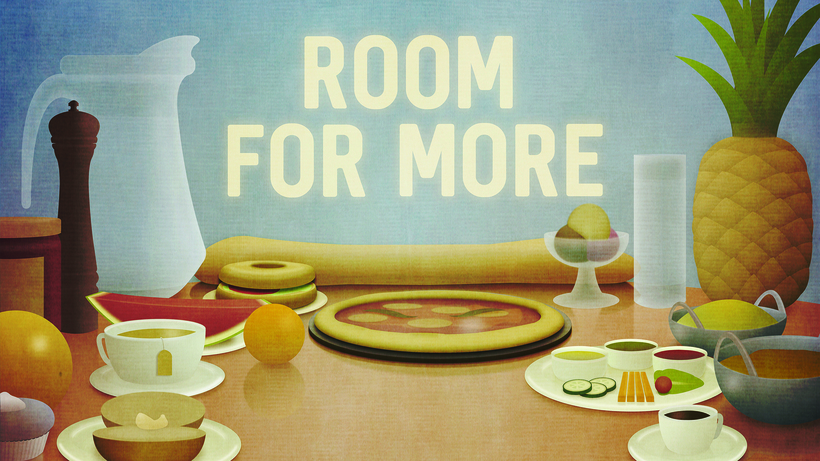"As we enter with tender sympathy into the joys and sorrows of each other's lives, ready to give help and receive it ..."
That's how it's supposed to be - and that's the experience of quite a number of Quakers. But the experience isn't universal. There are many reasons for this. Sometimes there are personality clashes - even bitter disagreements - or just a nagging dislike that lies below the surface of attempts at friendship and understanding. We're not perfect after all.
But what of those occasions when the barrier to "tender sympathy" isn't something as simple as a personality clash? What if differences of culture and life experience lie at the root of difference? Quakers aren't immune to that difficulty - and there are particular problems because the current Quaker demographic in Britain is largely white, comfortably off and middle-class. There are historic reasons for this, some of which might discomfit Quakers today.
For people in the majority or dominant group it's not always easy to share life experiences, especially troubling experiences that may have been a crucial element of a continuing spiritual journey. But at least when experiences are shared there's a fair expectation that many of the listeners will have a shared sense of the kind of life in which those experiences happened. It's usual, for instance, to assume a norm of financial stability and being respected while never being racially abused and only very rarely (when taking part in non-violent action) being stopped and searched by the police.
That shared norm makes tender sympathy quite easy. The listeners will respond with their own similar or parallel experiences and the end of spiritual sharing will be a closer sense of shared identity. It's like being part of of a big family. No wonder many people talk about their arrival among Quakers as "coming home." And no wonder that for quite a few people it isn't like that at all.
Quakers tend to listen respectfully to whatever you tell them. Quakers work hard at listening - except when they're busy talking, which also happens quite a lot. But if you tell a group of people whose life experiences are very different from your own - particularly if you come from a group that is accustomed to mild contempt or worse from white, middle-class people - sharing your deepest experiences doesn't feel nearly so comfortable. You might decide to do it anyway - after all they are nice people - but they probably don't get it. What you receive doesn't feel so much like the "tender sympathy" of equals. It feels like the slightly condescending response of a teacher or social worker or magistrate who has read a few books about your way of life but doesn't know what it actually feels like. If you're really unlucky, they may offer advice - because they've read books so they reckon they know what your life is all about.
None of this is done out of unkindness or ill-will and somehow that makes it worse. Suppose you went to Meeting for Worship - kept going to Meeting for Worship - and it was the best and deepest spiritual experience of your life. But when Meeting was over you found yourself in a group of people who were comfortable together but just slightly awkward and condescending around you.
Would you stay or would you go?

_p11_STATUE_OF_WILLIAM_PENN.jpg?download)

No comments:
Post a Comment